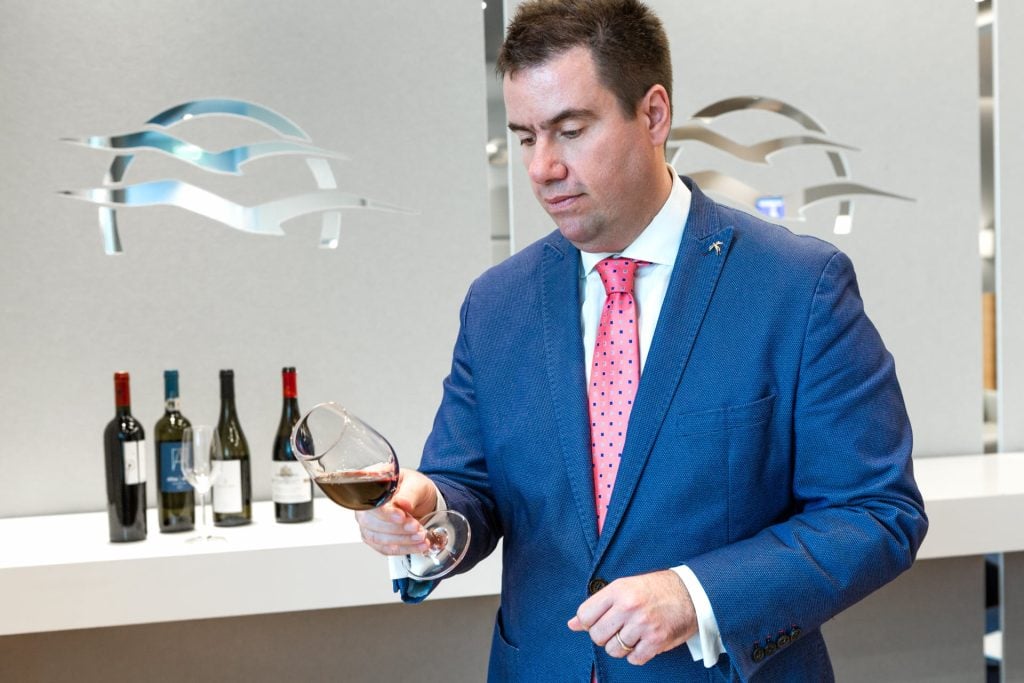Lately, I had been talking with a senior executive of one of the most significant businesses in Greece that deals with drinks. Throughout the discussion it came up how businesses seek, many times desperately, to find sectors of the market that can bring in remarkable profits.
He was absolute in his statement: “The game has now turned only to the individuals who are significantly well off. Having good profits while dealing with the middle or low part of the market concerns only the big businesses. It needs time and a big investment and yet the profit’s percentage won’t be particularly good, you will just have a high turnover. Indeed, leading companies follow the doctrine “We don’t sell products, we sell experiences”. The people who have money to spend don’t want to buy things, they want to live moments”.
It’s easy for someone to think that for wine’s sector all the above lead in one and only topic: wine tourism. If the wine producers want to approach the people who have the financial power to support them, the former have to offer them experiences. These experiences shouldn’t be a presentation at a restaurant or a video on YouTube. In this procedure the sector of wine has an unbelievable advantage. The wine, as a product, has an incredible depth and it is relatively easy for it to offer experiences. Every wine comes from a vineyard or an area, there is a specific place where it is produced, while behind it there is a creator, a vision and usually many stories. All these elements create a great substrate, which is ready to seduce the visitor of a winery.
So, it wouldn’t be an exaggeration to say that one of the most important priorities of Greek wineries today is to develop the wine-tourism part of their businesses. Wine tourism is a tool that doesn’t necessarily increase sales, however, it can bring in clients-ambassadors that will stay loyal for good.
Though, we should keep in mind that for someone to become an ambassador, the experience they will be offered should be unique. The winery’s space should be able to inspire, but also the staff should be able to make a perfect presentation. If these two points don’t apply, then the results will be negative. The best approach is to observe what the megacities of wine tourism around the world do; and of course, to adapt these images to our capabilities.
Konstantinos Lazarakis




